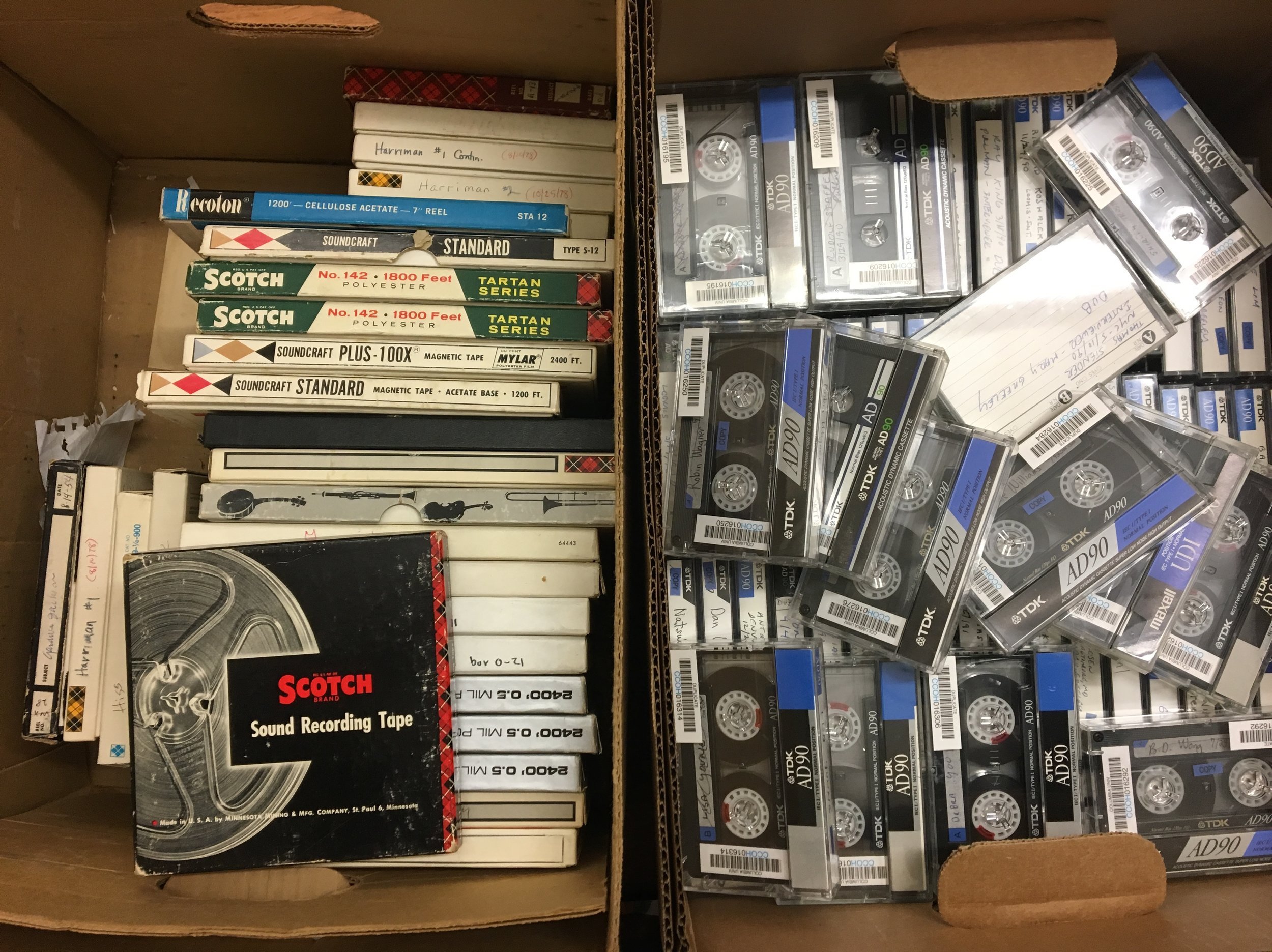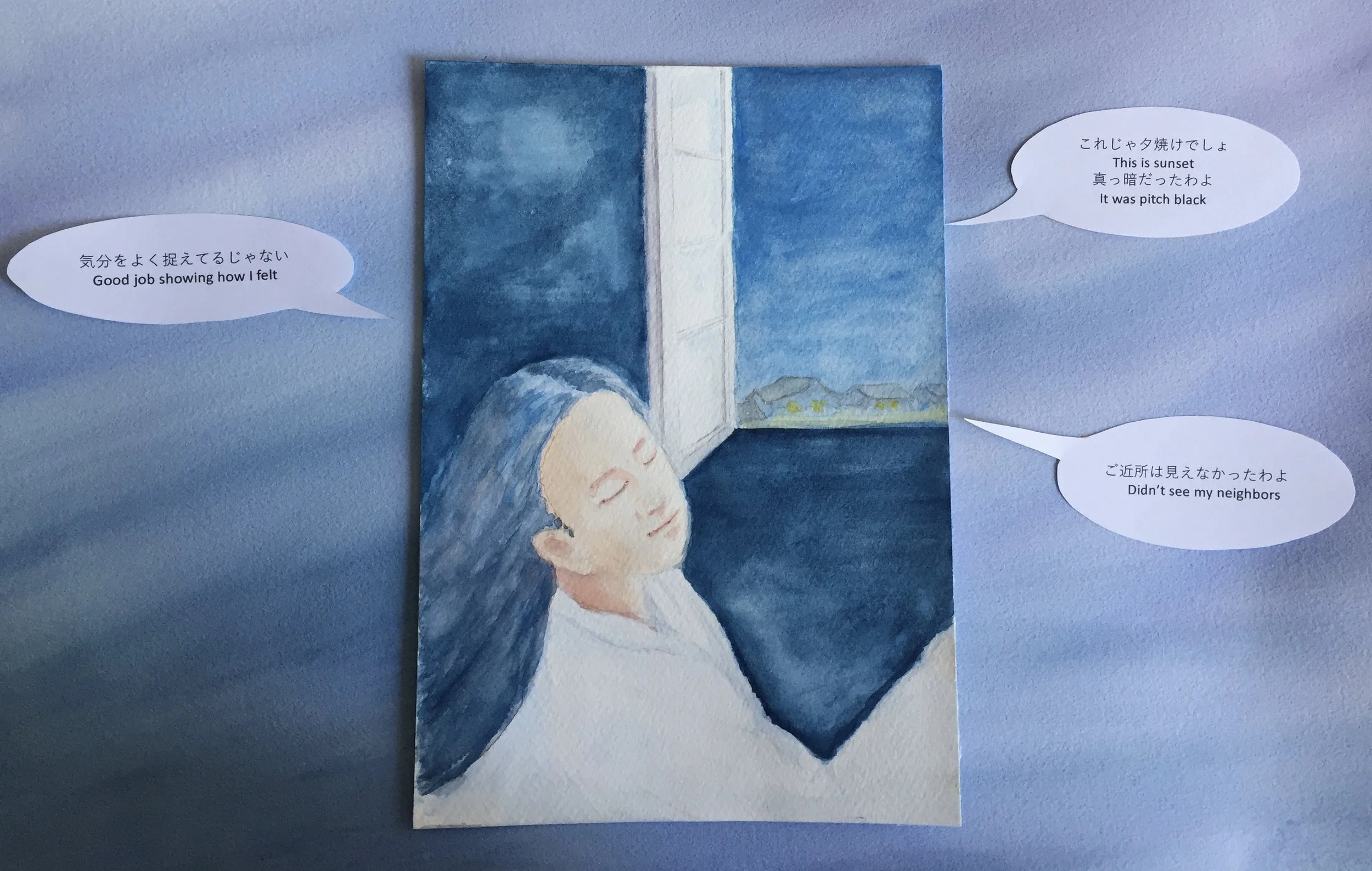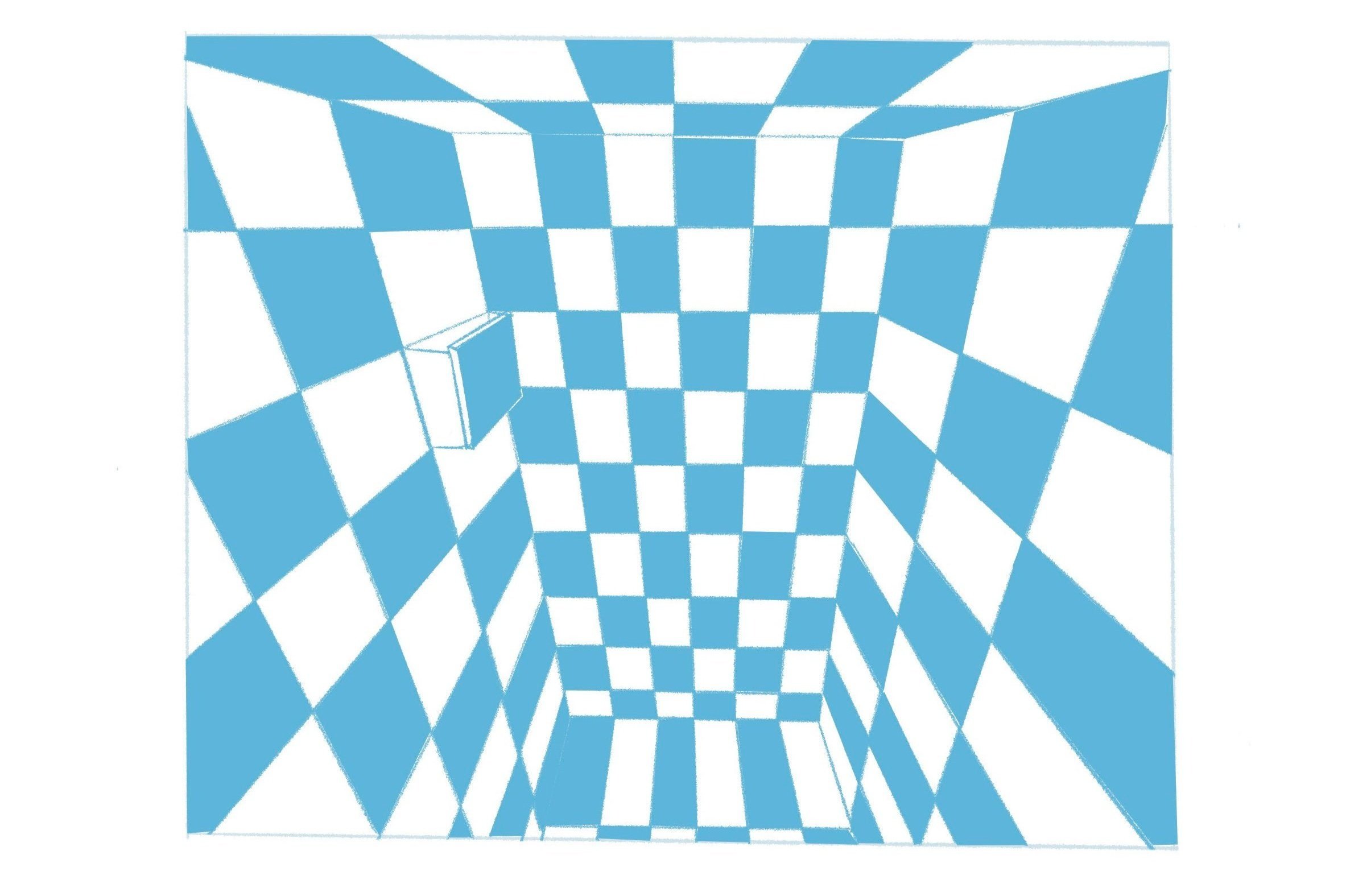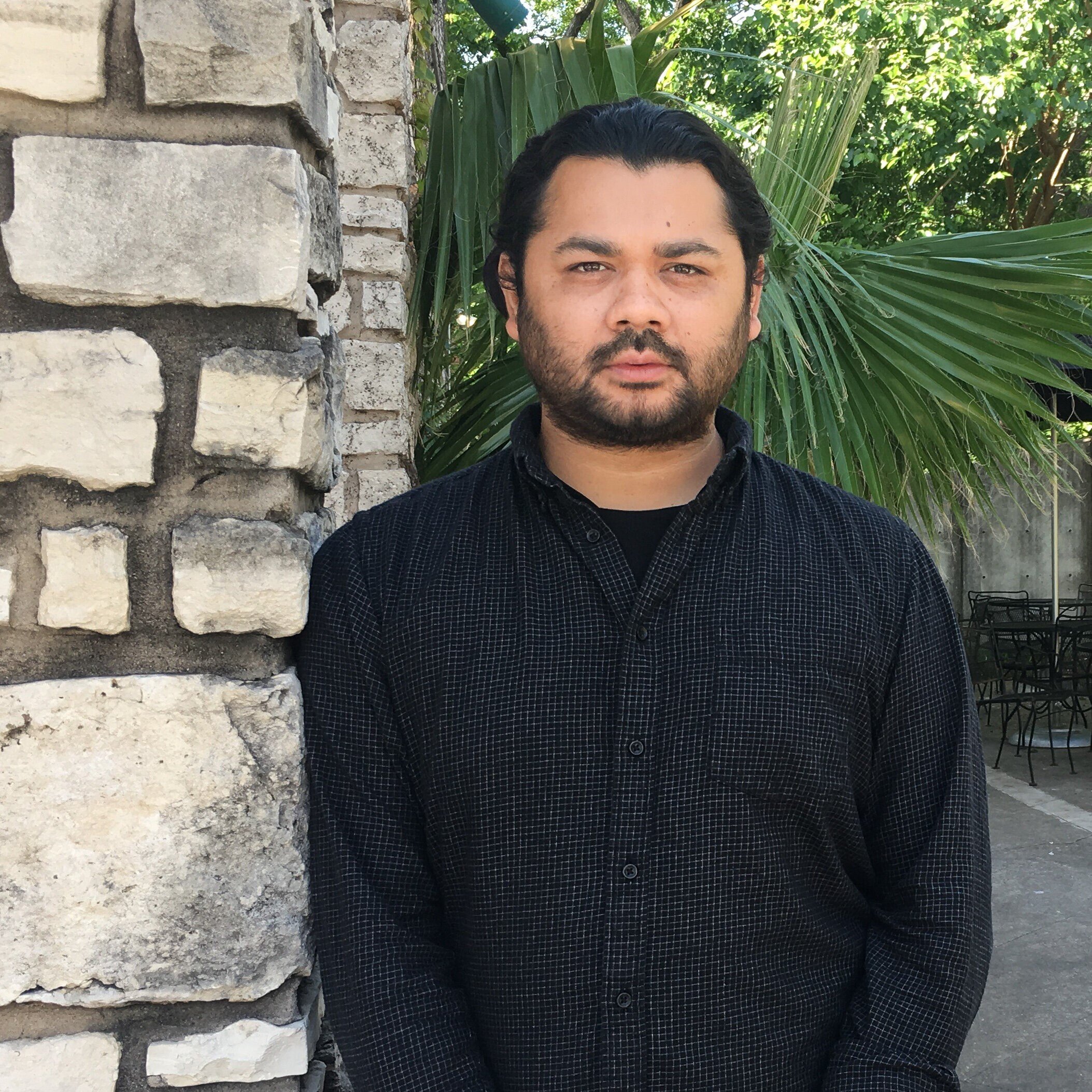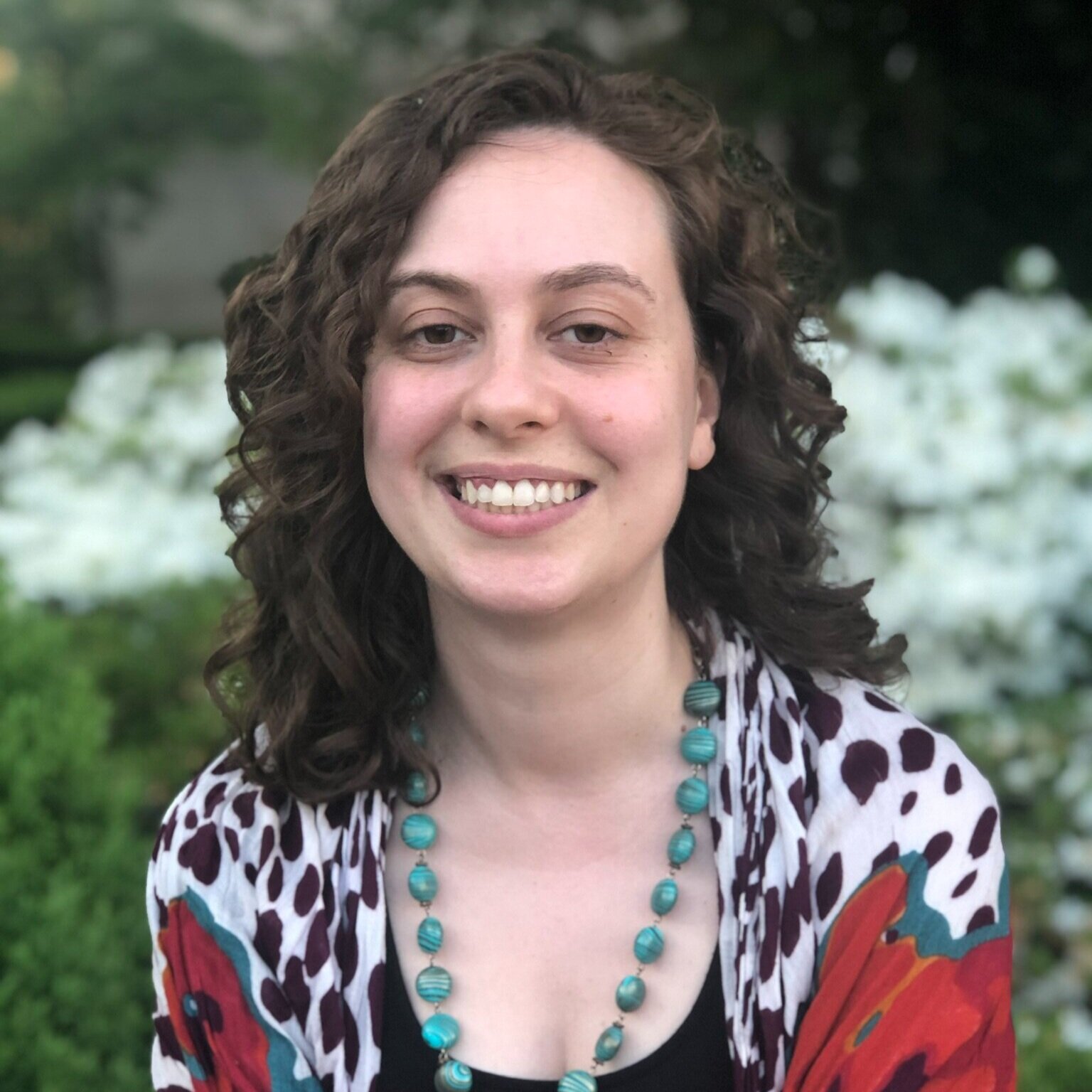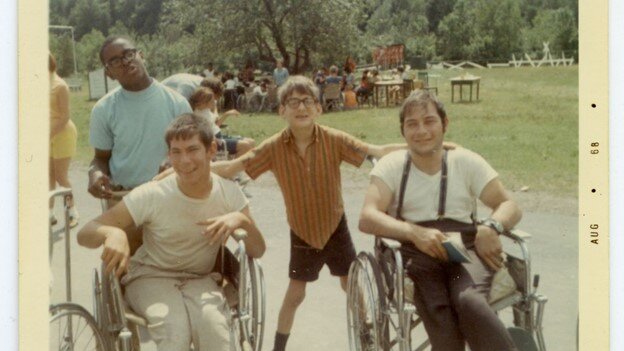Attending graduate school can represent a life-changing, career-defining experience for many of our students—because of this, we encourage our students to attend on a schedule that's right for them.
Whether you're looking to dive deep into oral history for a year or weave your studies into your existing work and commitments, the Oral History Master of Arts Program at Columbia University (OHMA) has paths that fit how you want to learn. Whether enrolled part-time or full-time, OHMA students:
Develop theoretical frameworks and practical skills in interviewing, audio/video production, archiving, and project design that can be applied across fields
Learn from faculty working at the cutting edge of oral history methods, from Indigenous practices to digital innovations
Create meaningful work that often takes unexpected forms—from documentary films to multimedia exhibits, academic writing to community archives
Join a close-knit community of oral history practitioners who share a commitment to amplifying voices and histories
Conduct fieldwork as part of an internship program
Access Columbia's vast resources while experiencing the intimacy of a small, interdisciplinary program
Take graduate level courses across Columbia’s many departments, as well as with our friends at the NYU Public History Program.
The Full-Time Track
To complete OHMA at a full-time course of study, students will take 1 RU in their Fall semester and 1 RU in the Spring. This will allow them to complete the program in one year. The advantages of taking the program full time include:
Getting to fully immerse yourself in OHMA, campus culture and New York City.
Having greater bandwidth to take advantage of internship opportunities offered by the program.
The Part-Time Track
To complete OHMA at a part-time course of study, students can either opt to spread their RUs out over 2 or 4 years. (0.5 RUs over 4 semesters VS 0.25 RUs over 8 semesters). The advantages of taking the program part time include:
Having more time to focus on each stage of study, take advantage of university offerings, and build relationships.
Immediately applying lessons and skills you’re learning at OHMA to your professional life.
Keeping your job while studying in the program, and/or take advantage of tuition support from your employer.
Commuting from further away is more feasible.
Better balancing things in your life that bring you joy—family, hobbies, projects—with your graduate school work.
Want to learn more about applying to OHMA? Check out our applying page or reach out to our team at ohma@columbia.edu.


